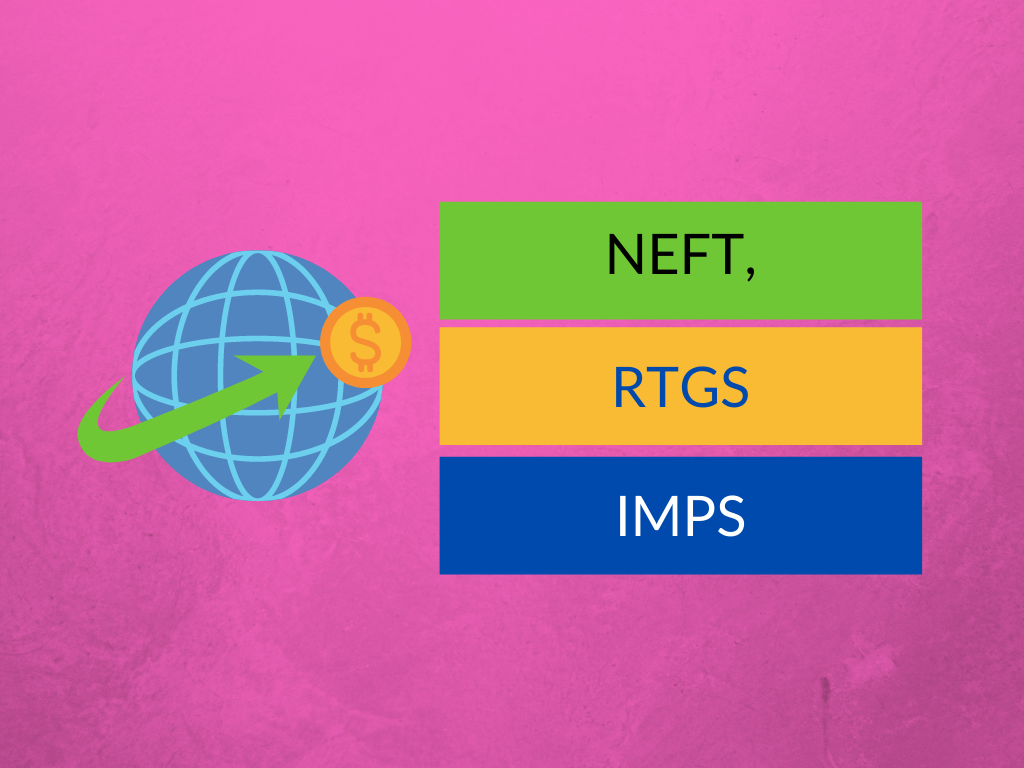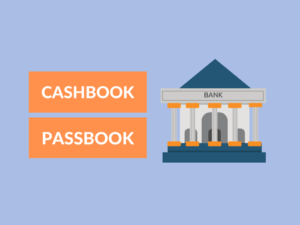In older days to transfer money from one account to another account requires a cheque and presentation of a cheque to the bank and it usually takes 1 week or more time to actually process the payment. But those are the days gone and Electronic Fund transfer facilities are gaining importance recently by facilitating the people to transfer money easily through online. With the help of Electronic Fund Transfer facility, people can transfer money from one account to another account in the same bank or another bank account easily in a matter of seconds without much hassle. The union budget 2017 of Government of India made an electronic fund transfer a compulsory for the transactions capping more than 3 lakhs.
ELECTRONIC FUND TRANSFER
Electronic Fund Transfer is the convenient mode of transferring money and it uses the internet, mobile applications, integrated banking tools to help people to transfer money in a safe and secure way.
There are different types of electronic fund transfer, they are as follows:
⦿ NEFT (National Electronics Funds Transfer)
⦿ RTGS (Real Time Gross Settlement)
⦿ IMPS (Immediate Payment Service)
NEFT (National Electronics Funds Transfer)
National Electronics Funds Transfer usually referred as NEFT is a nation-wide money transfer which facilitates people to transfer money from one bank account to another bank account or other the account in the same bank throughout the country. Not only individual people rely on NEFT for transferring their money conveniently but also firms and corporate organizations use this facility widely to transfer funds for making payments of various types.
The transactions done through NEFT are settled in batches as per the norms laid by the RBI. There are 12 settlement batches or operating slots operating between the time slot of 8 am to 7 pm on weekdays and from 8 am to 1 pm on Saturdays with 6 settlement batches.
RTGS (Real Time Gross Settlement)
Real Time Gross Settlement usually referred as RTGS. As the name suggests this method facilitates people to transfer money from one bank account to another bank account or other account in the same bank in real time basis or on a gross basis. RTGS payment gateway is maintained by the Reserve Bank of India makes transactions between banks electronically.
The transferred amount is deducted from the account of the bank of transfer and credited to the receiver’s bank account instantly. Many firms, corporate organizations uses RTGS to transfer large amounts of money easily from one bank account to another bank account.
IMPS (Immediate Payment Service)
Immediate Payment Service usually referred as IMPS. As the name suggests this method facilitates people to transfer money immediately within no time money from one account is transferred into another account. The National Payments Corporation of India introduced this type of mobile payment project Immediate Payment Service (IMPS). IMPS is an instant electronic transfer service uses mobile internet applications.
IMPS transfer service is available 24X7 and you can use your mobile phones to access your account and to authorize the transfer of funds between accounts and banks by providing secure transfer gateway and the individual who transfer money gets an immediate confirmation message to his registered mobile number about the transaction.
COMPARISON TABLE
| NEFT | RTGS | IMPS |
|---|---|---|
| NEFT is a facility which transfers money through online in a deferred payment basis. | RTGS is a facility which transfers money through online in a real time basis. | IMPS is a facility which transfers money through online in an immediate basis. |
| Operates On | ||
| NEFT operates money transfers in batches at preferred time slots. | RTGS operates money transfers instantly in all the weekdays. | IMPS operates money transfers 24X7 throughout the year. |
| Transfer Limit | ||
| NEFT comes with maximum transfer limit of 10 lakhs rupees. | RTGS comes with minimum transfer limit of 2 lakhs rupees. | IMPS comes with maximum transfer limit of 2 lakhs rupees. |
| Charges | ||
| Bank's levy charges on NEFT transfers done by the users. | RTGS transfers also have service charges for the transfers done. | Bank's charge service cost on the transactions done through IMPS transfer. |
| Requirements | ||
| NEFT transfer requires the name of the recipient, recipient's bank name, account number, and IFSC code. | RTGS transfer requires a customer to add the beneficiary and his bank account details. | IMPS transfer requires a customer to first register for the Immediate Payment Services with the bank of the customer. |
CONCLUSION
All these NEFT, RTGS, IMPS provide many advantages to the users like the physical presence of an individual is not required, provides transparency and more security to the users. Electronic Fund Transfer provides real-time information about the transaction details to the user to his registered mobile number. These are the some of the important differences which are there between NEFT, RTGS, and IMPS.




